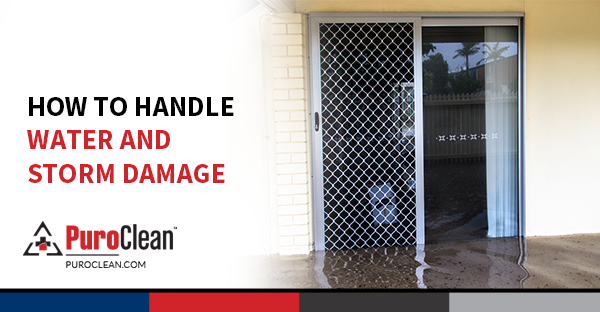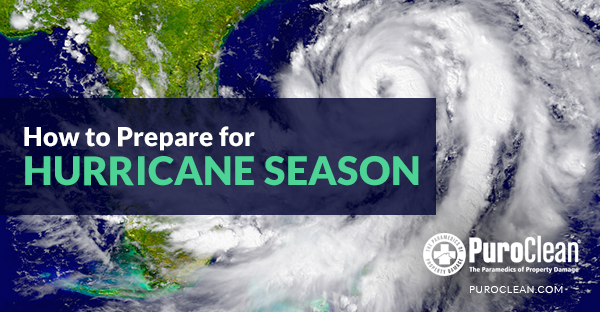As a homeowner, you’ve likely heard about flood insurance. But do you know what it truly entails?
Flood insurance is a crucial safeguard. It protects your property from the financial impact of water damage.
Yet, many homeowners are unaware of its importance. They don’t understand the specifics of what it covers and how it works.
This article aims to shed light on these aspects. It will guide you through the essentials of flood insurance.
From understanding your flood risk to finding reliable water restoration services, we’ve got you covered.
Understanding Flood Insurance Basics
Flood insurance is a specific type of coverage. It protects your home and belongings from water damage caused by flooding.
Unlike standard homeowners insurance, it covers losses directly caused by flooding. This could be from heavy or prolonged rains, coastal storm surges, or blocked drainage systems.
It’s important to note that flood insurance is often separate from your standard homeowners policy. You typically need to purchase it separately.
Understanding these basics is the first step. It helps you make informed decisions about protecting your property.
The Difference Between Flood and Homeowners Insurance
Homeowners insurance typically covers damage from sudden and accidental events. This includes fire, theft, and certain types of water damage.
However, it’s crucial to understand that this doesn’t usually include flood damage. Flood damage is typically defined as water damage caused by an overflow of inland or tidal waters, unusual and rapid accumulation of runoff, or mudflow.
This is where flood insurance comes in. It fills this gap, providing coverage for losses your homeowners insurance doesn’t cover.
Understanding this difference can save you from unexpected financial burdens in the event of a flood.
Assessing Your Flood Risk

Assessing your property’s flood risk is a crucial step. It helps you understand the need for flood insurance.
You can use tools like FEMA’s Flood Map Service Center. This tool helps you determine your home’s flood zone.
Remember, even properties not located in high-risk flood zones can experience flooding. Over 20% of flood insurance claims come from properties outside of high-risk areas.
Therefore, it’s wise to consider flood insurance regardless of your property’s location.
National Flood Insurance Program (NFIP) vs. Private Insurance
The National Flood Insurance Program (NFIP) is a federal program. It provides flood insurance to homeowners in participating communities.
However, NFIP policies have coverage limits. They may not fully cover high-value homes and their contents.
Private flood insurance, like Neptune and Wright Flood Insurance, can offer additional options. They often provide higher coverage limits and additional coverages.
It’s important to compare NFIP and private insurance options. This way, you can choose the best coverage for your needs.
What Does Flood Insurance Cover?
Flood insurance typically covers physical damage to your home. This includes damage to the structure and its foundation.
It also covers electrical and plumbing systems. This includes central air and heating systems.
Personal property, like furniture and electronics, is also covered. However, coverage for personal property is often limited.
Here’s a brief list of what’s typically covered:
- The physical structure of your home and its foundation
- Electrical and plumbing systems
- Central air and heating systems
- Installed appliances like refrigerators and stoves
- Personal property such as furniture and electronics
Remember, each policy may vary. Always review your policy to understand what’s covered.
Policy Exclusions You Need to Know

Flood insurance doesn’t cover everything, so it’s crucial to know the exclusions.
Damage caused by moisture, mildew, or mold that could’ve been avoided is not covered. This is considered a maintenance issue.
Also, property outside the home is typically not covered. This includes swimming pools, fences, and landscaping.
Lastly, financial losses caused by business interruption are not covered. Always review your policy for a complete list of exclusions.
Filing a Flood Insurance Claim
When a flood occurs, it’s important to act quickly. Start by notifying your insurer.
Document the damage with photos or videos to support your claim.
Next, fill out the necessary claim forms provided by your insurer. Be thorough and accurate.
Finally, work with the adjuster assigned to your claim. They will assess the damage and determine the payout.
The Importance of Quick Water Restoration
After a flood, quick water restoration is crucial. It helps minimize further damage.
Water can cause mold growth and structural issues. These problems can escalate if not addressed promptly.
Emergency water damage services can help. They provide immediate and professional assistance.
Remember, the faster the restoration process begins, the better. It can save you time and money in the long run.
Finding Reliable Water Restoration Services
Finding reliable water restoration services is key. You want professionals who can handle the job efficiently.
Start by searching “water restoration near me” online. Check reviews and ratings for each service.
Consider their response time and availability. In emergencies, you need quick action.
Lastly, ensure they offer comprehensive services. This includes water extraction, drying, and damage repair.
Preventative Measures to Protect Your Home

Preventing water damage is crucial. Regular maintenance can help avoid costly repairs.
Ensure your home’s drainage system works well. Clean gutters and downspouts regularly.
Consider installing a sump pump. This can help prevent basement flooding.
Lastly, landscape your yard to direct water away from your home. Proper grading can make a big difference.
Final Thoughts on Flood Insurance
Flood insurance is a vital tool for homeowners. It provides financial protection against unpredictable natural disasters.
Understanding your policy is key. Regularly review and update it to ensure adequate coverage.
Remember, flood insurance is not just about peace of mind, but also knowing you’re protected, no matter what.
In conclusion, don’t underestimate the importance of flood insurance. It’s a small price to pay for safeguarding your home.
For expert assistance and water damage restoration services in Millersville, contact Puroclean of Millersville and Odenton today!




 PuroClean of Odenton
PuroClean of Odenton